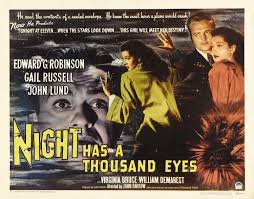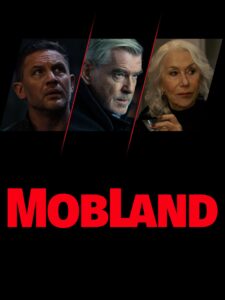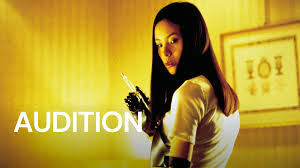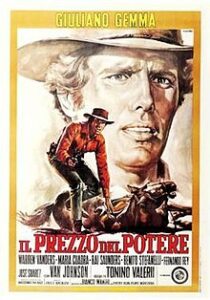.
In 1967 star and producer Patrick McGoohan released into the world a surreal allegory of television series The Prisoner about an unnamed espionage agent kidnapped to a secret island called ‘The Village’ with the reason for his sudden resignation of great interest to his captors. A full decade before the brilliant surrealist filmmaker Daid Lynch would burst onto the scene with Eraserhead, The Prisoner would be most people’s introduction to film and television that would later be called Lynchian.
An important aspect to The Village and its totalitarian governance is that dissidents, malcontent, and people who attempted to resist were not labeled criminal but rather sick, mentally unbalanced. after all, no sane person could possibly resent to idyllic life present by the Village.
36 years after the debut of The Prisoner, conservative columnist and former psychiatrist Charles Krauthammer commenting on Democratic politician Howard Dean toying with conspiracy theories that President Bush had been forewarn of the terrorist attacks of 9/11 coined the term ‘Bush Derangement Syndrome,’ mirroring the Village’s policy of treatment dissent and disagreement as mental illness allowing easy dismissal of any and all criticism. Granted, Krauthammer probably meant the term as merely play on words and not at all a serious rebuttal, but the fast adoption of the term and its repeated deployment negates whatever intent the writer had.
A dozen years after Krauthammer introduced mental illness as a dismissal and pejorative for those is disagreement the term ‘Trump Derangement Syndrome’ entered the political terminology with current events expanding it to include ‘Musk Derangement Syndrome’ to include the wealthiest man alive and the administration hatchment man for regulatory governance.
As this administration proves itself criminal, callous, careless, and cruel the terms ‘TDS’ and “MDS’ are employed more and more. After all, no ‘right thinking’ person could possibly oppose such ‘common sense’ actions such as ignoring the courts, holding due process in contempt, and persecuting ‘enemies of the people’ for their speech.
At the end of the Prisoner’s only season when our unnamed protagonist finally discovers who is ‘Number One’ the person in charge of the Village and all its conformity demanding madness, it is a person who looks precisely like himself. The allegory clear, we all live in the Village. We have put ourselves there, caged by our own conventions and demands for tranquility.
And now in reality we are trapped in a ‘Village’ of our own making. Our wardens insisting that our rejection of an insane, idiotic, and cruel administration proof of our mental illness. I, for one, wear the ‘syndrome’ badge with honor. The truth remains, this is a cruel, criminal and deeply stupid administration and the truly deranged are those who profess that is normal and good.

 .
.



